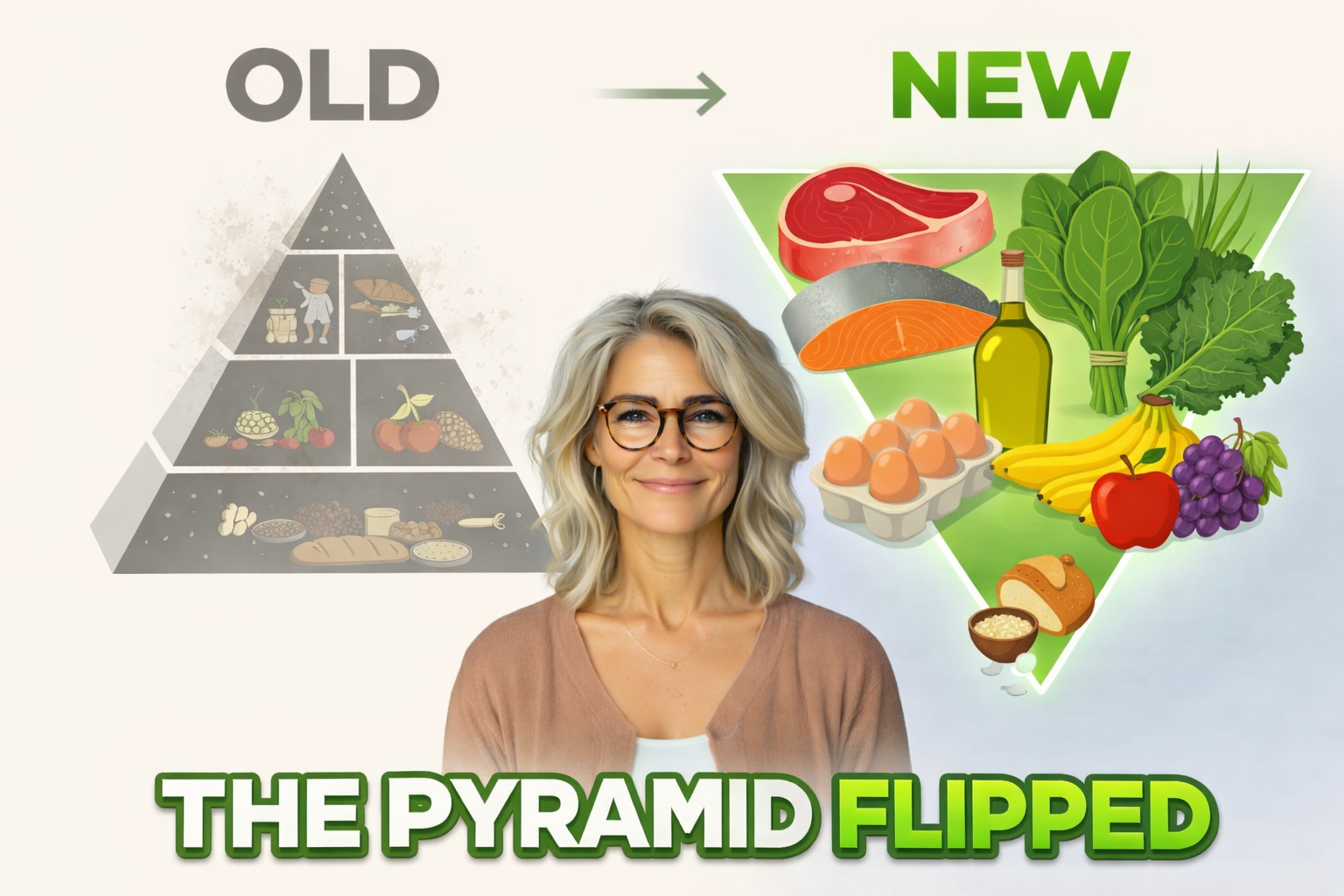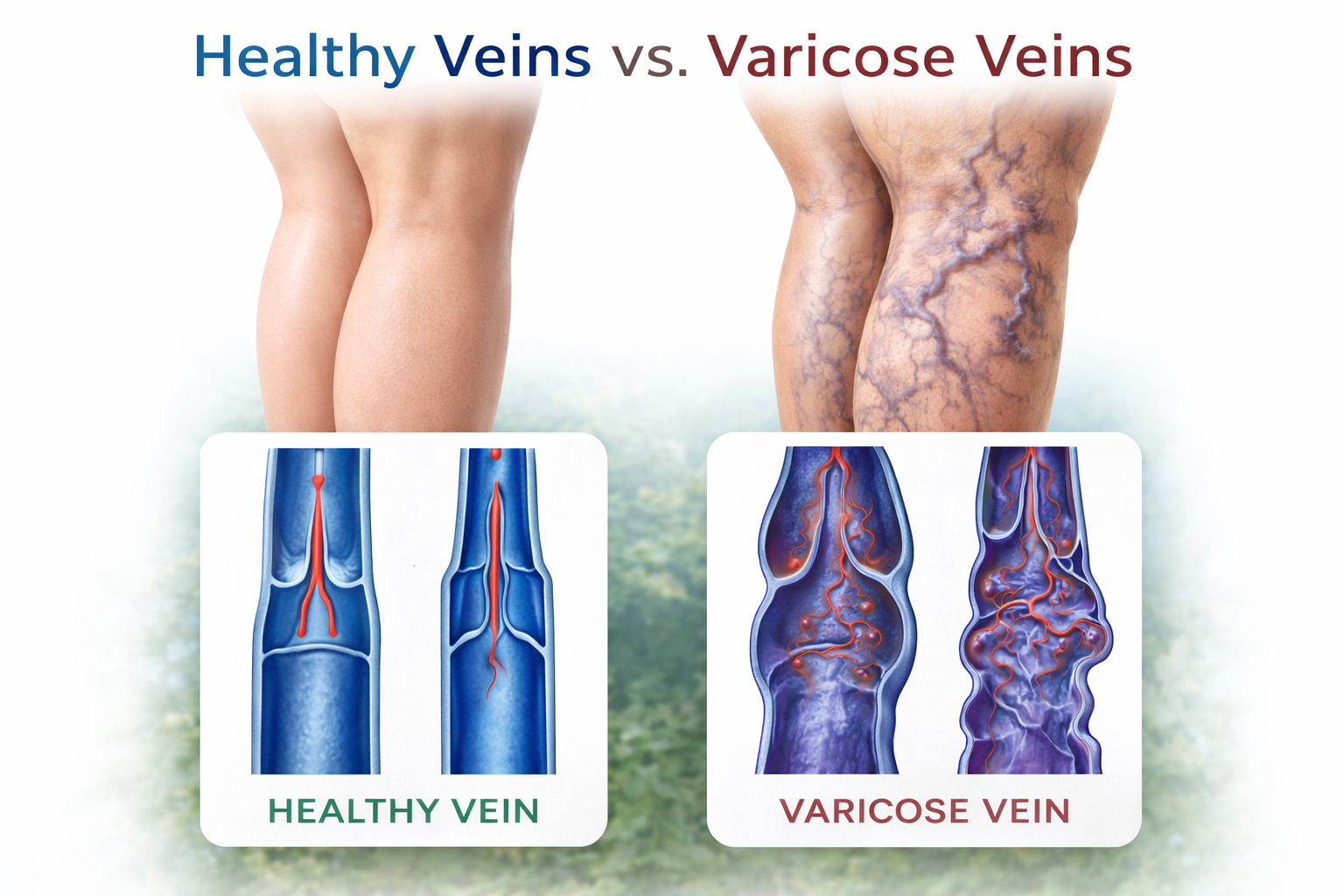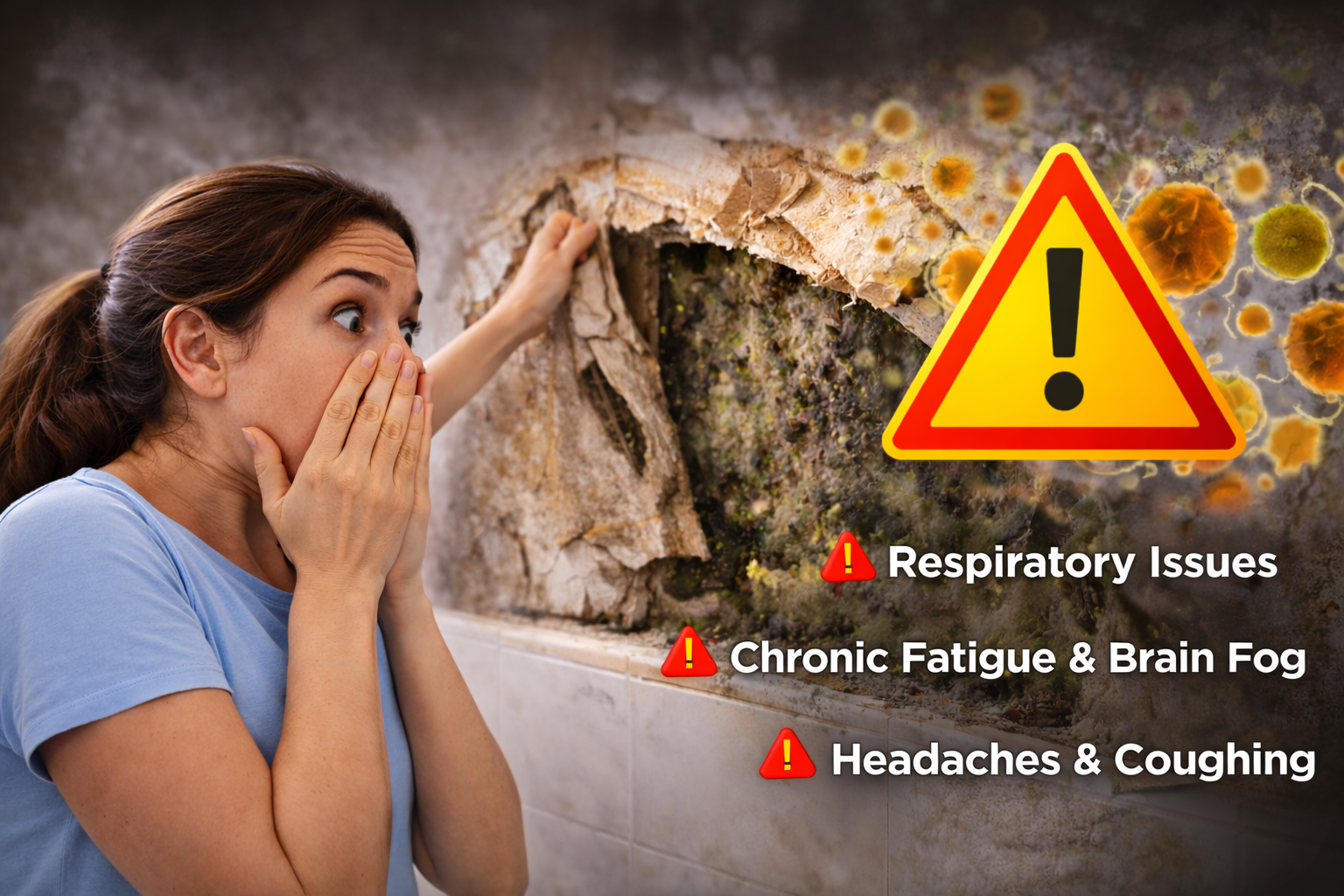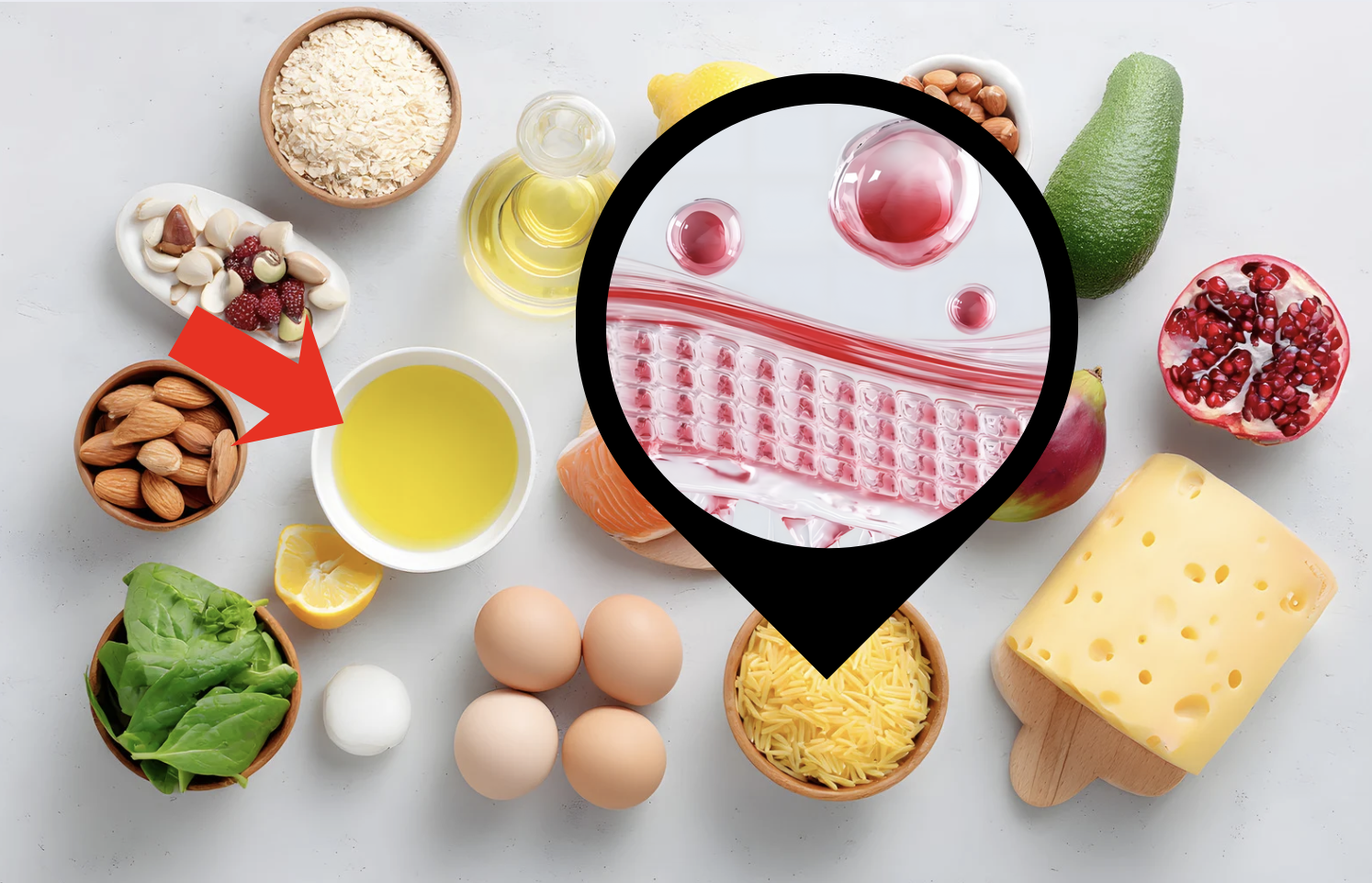
As we reach our 40s and beyond, our skin begins to change. Collagen production slows, fine lines start to appear, and we may notice the skin becoming drier and less elastic. While the signs of aging are natural, there are powerful ways to keep your skin looking youthful and radiant without relying on expensive treatments or complicated regimens. One of the most exciting trends right now for maintaining youthful skin is nutrition-focused skincare, or as it’s being called: eating your skincare.
Let’s dive into how what you eat can help you maintain glowing skin after 40, and the other key secrets to looking and feeling your best as you age.
What Is “Eating Your Skincare” and Why Does It Work?
The concept behind “eating your skincare” is simple: the food you eat can nourish and protect your skin from the inside out. Instead of relying on expensive creams and lotions, eating nutrient-rich foods can support your skin’s health by improving hydration, boosting collagen production, and fighting inflammation, all of which help reduce the visible signs of aging. Your skin is the body’s largest organ, and it needs plenty of vitamins, minerals, and antioxidants to maintain its elasticity and vibrance. What you eat directly impacts how your skin looks [1].
Top Skin-Boosting Foods to Add to Your Diet After 40
- Antioxidant-Rich Berries
Berries like blueberries, strawberries, and raspberries are loaded with vitamin C, a powerful antioxidant that helps stimulate collagen production. Collagen is essential for maintaining skin structure, so having adequate vitamin C in your diet is key to keeping your skin firm and youthful [1]. - Healthy Fats from Avocados
Avocados are packed with healthy monounsaturated fats, which help retain moisture in the skin and prevent dryness. The vitamin E in avocados also protects your skin from sun damage and promotes a healthy, glowing complexion [1]. - Omega-3 Fatty Acids from Fatty Fish
Fatty fish like salmon, mackerel, and sardines are rich in omega-3 fatty acids, which are crucial for maintaining your skin’s elasticity and hydration. Omega-3s also help reduce inflammation, which can cause redness, puffiness, and even wrinkles [2]. - Leafy Greens for Hydration and Protection
Leafy greens like spinach, kale, and swiss chard are full of vitamins A, C, and K, along with folate and antioxidants, which promote skin repair and hydration. Plus, the magnesium in these greens helps reduce stress, a major factor that can accelerate skin aging. - Nuts and Seeds for Skin Protection
Walnuts, almonds, and sunflower seeds are excellent sources of vitamin E, an antioxidant that protects skin cells from free radicals caused by environmental stressors like pollution and UV rays. It also helps keep your skin soft and smooth [1]. - Tomatoes for Sun Protection
Tomatoes are rich in lycopene, a powerful antioxidant that protects your skin from UV damage and reduces the visible signs of aging. They also promote collagen synthesis, helping maintain the skin’s firmness [1]. - Green Tea for Radiant Skin
Green tea is packed with polyphenols and antioxidants that help reduce inflammation and protect against sun damage. Drinking green tea regularly can promote healthier skin and even reduce the appearance of fine lines and wrinkles [2].
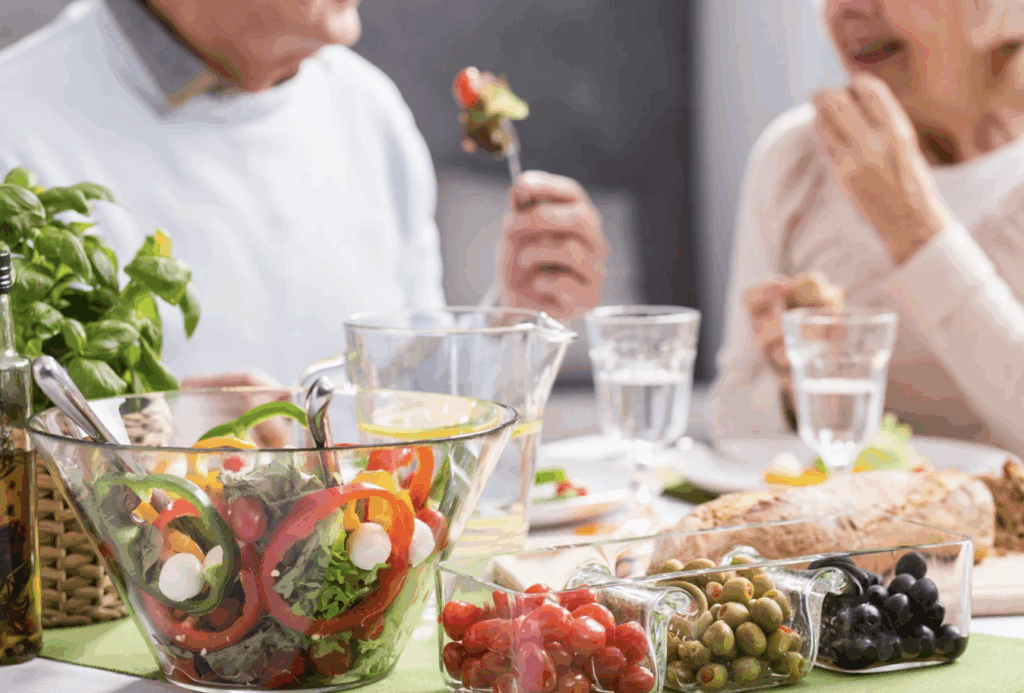
Other Key Tips to Look Younger Longer
While nutrition plays a critical role in your skin’s health, it’s just one part of the puzzle. Here are some other essential tips to keep your skin looking youthful as you age:
1. Protect Your Skin from the Sun
The sun is the number one cause of premature aging. UV rays break down collagen and elastin, leading to wrinkles and age spots. Always wear a broad-spectrum sunscreen (SPF 30 or higher) and reapply throughout the day.
2. Stay Hydrated
Hydrated skin is plump and youthful-looking. Drink plenty of water throughout the day, at least 8 cups, to maintain your skin’s elasticity and prevent it from looking dry or dull.
3. Develop a Skincare Routine Focused on Anti-Aging
A solid skincare routine can help maintain your skin’s appearance. Use gentle cleansers, exfoliate regularly to remove dead skin cells, and invest in products that contain ingredients like retinol, hyaluronic acid, and peptides, which help stimulate collagen production, smooth fine lines, and keep skin hydrated.
4. Get Enough Sleep
Sleep is when your body repairs itself, including your skin. Aim for 7–9 hours of sleep each night to allow your skin to regenerate and to prevent dark circles and a tired complexion.
5. Exercise Regularly
Exercise promotes circulation, which in turn helps nourish skin cells and improve their tone and texture. Plus, it helps reduce stress, another key factor in premature aging.
Why This Matters for Women Over 40
After 40, the skin naturally undergoes several changes due to hormonal fluctuations, especially during perimenopause and menopause. These changes can result in dryness, loss of elasticity, and the appearance of fine lines and wrinkles. However, by adopting a diet rich in skin-loving nutrients and committing to healthy lifestyle habits, you can significantly slow down the visible signs of aging [2].
Key Takeaways
- Eating your skincare is a powerful trend that focuses on nourishing your skin from the inside out with antioxidant-rich, anti-inflammatory foods.
- Key foods for youthful skin include berries, fatty fish, avocados, leafy greens, and nuts and seeds.
- Protecting your skin from the sun, staying hydrated, and following a gentle skincare routine are also essential components of a healthy, glowing complexion.
Final Thought:
Looking younger longer doesn’t have to mean expensive treatments or complicated routines. It’s about adopting simple, sustainable habits like eating well, staying hydrated, and protecting your skin, all of which will keep you glowing, radiant, and confident as you age gracefully.
References:
- Keung EZ, Burgess M, Salazar R, Parra ER, Rodrigues-Canales J, Bolejack V, Van Tine BA, Schuetze SM, Attia S, Riedel RF, Hu J, Okuno SH, Priebat DA, Movva S, Davis LE, Reed DR, Reuben A, Roland CL, Reinke D, Lazar AJ, Wang WL, Wargo JA, Tawbi HA. Correlative Analyses of the SARC028 Trial Reveal an Association Between Sarcoma-Associated Immune Infiltrate and Response to Pembrolizumab. Clin Cancer Res. 2020 Mar 15;26(6) https://pmc.ncbi.nlm.nih.gov/articles/PMC7731262/
- Pisegna JR, Karlstadt RG, Norton JA, Fogel R, Oh DS, Jay Graepel G, Dorr MB. Effect of preoperative intravenous pantoprazole in elective-surgery patients: a pilot study. Dig Dis Sci. 2009 May;54(5) https://pmc.ncbi.nlm.nih.gov/articles/PMC6736543/


